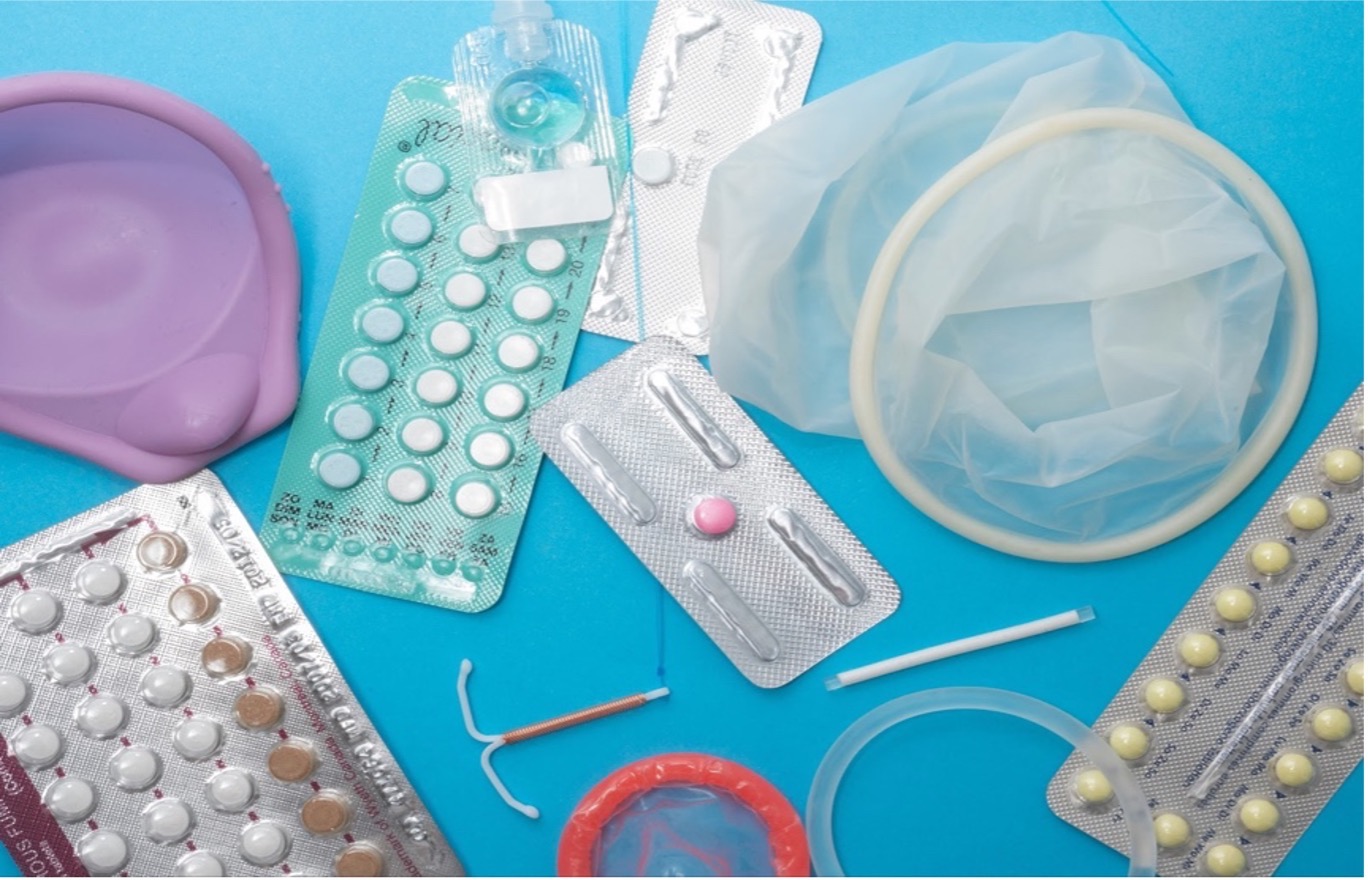Unrestricted access to contraceptive pills for women in 2024 sparks debate: an empowering step forward or a cause for concern?

The recent announcement by the NHS to enable women to access the pill over the counter in a pharmacy, without needing to see a GP, has raised both applause and concern within the healthcare community and women’s health conversations.
The new service started being rolled out in December 2023, "with almost half a million women able to access the pill next year without needing to contact their GP first". But, women from various demographics seem to be raising similar concerns: the suitability of the pill (health conditions), the limited choice (not the same availability with other contraceptive options) and the encouragement, or push, for women to take the pill (without the pre-existing guidance).
Making the pill over the counter is understandably a significant leap towards empowering women to make their own informed decisions about their reproductive health. A woman replied to my tweet about the topic saying it had given her the autonomy she needed after waiting so long for an appointment with her GP. She said she felt “inconvenienced by the wait” and stated, “it’s my risk to take after all”.
The roll out of the pill is part of the NHS’s primary access recovery plan, which aims to "empower patients by rolling out tools they can use to manage their own health, and invest up to £645 million over two years to expand services offered by the community pharmacy". There is clear intent to make reproductive health services more convenient and the move comes after many people have waited too long for appointments. There is hope that "the new services can free up to 10 million GP appointments a year".
According to Sexual and Reproductive Health Services, England, the contraceptive pill is "still the most popular type of method for SRH service users". There are variations - from varied hormone dosages to different combinations.
The pill first became available in the UK in 1961. It was a revolutionary moment for women’s reproductive health, as it provided a new and effective method of contraception. Since, it has been praised for acting as a liberating force for women, allowing them control over their reproductive choices.
However, worries regarding the pill (s) have always existed, with the potential health risks, moral implications, and societal consequences. Over the years, family planning clinics and general practitioners (GPs) have played an important role in providing education and prescription services.
Contraception is a free service with the NHS, and you can access the pill at community contraception clinics, sexual health clinics, GP surgeries, and young people’s services.
New research emerges all the time, leading to modifications that improve the pill’s safety and efficacy. The NHS has increasingly been trying to enhance accessibility and affordability for women across different socio-economic backgrounds. This work has included public health initiatives, educational programmes, and policies to reduce barriers to gain access. Technological developments have eased the process too, from online consultations to digital prescriptions.
But the process of obtaining the pill isn’t that simple – a doctor or nurse must first assess if you are able to take it (in person or through online assessment). You must reveal your medical history and lifestyle habits, as this can affect your suitability for each pill. According to Bhavna Gami, GP, they use the contraceptive pill review and the UK Medical Eligibility Criteria (UKMEC).
After receiving the prescription, it is then recommended to have a check-up every few months, to measure your blood pressure, weight and height, and screen for any underlying conditions that could make the pill unsafe.
Contraception is a daily reality for women during their reproductive years. Making contraceptives more accessible means the NHS is supporting individuals in making responsible choices and it may contribute to lower rates of unintended pregnancies.
But should the access be so easy for women of a younger age? Women who are unaware of the pill’s side effects or not ready to take responsibility for their health, or who feel pressured by others.
Why has the NHS not touched on the need for more educational or awareness campaigns or workshops for those who need guidance on the other contraceptive options available, like patches, implants, and coils? I spoke to a local pharmacist at Dumlers Pharmacy, and he said that there is the possibility of these alternatives being given the same accessibility, but he is unsure exactly when.
Another primary concern is the potential compromise of patient safety due to the absence of traditional medical consultation and personalised counselling - discussions about sexual health and potential side effects are vital for informed decision-making.
Furthermore, direct access may inadvertently encourage self-diagnosis, a phenomenon which has risen in recent years thanks to social media. I know I’ve done it - *someone explains the symptoms of so and so*… "oh I have these symptoms… maybe I have that too!”. For example, many gynaecology-related products are now being sold on online markets like TikTok shop, leading to women avoiding proper consultation to get to the root of their problems.
The decision to grant direct access to contraceptive pills could be a step forward in promoting women’s autonomy and improving accessibility, especially in a very overcrowded and pressured medical landscape post-covid.
However, they need to strike a balance between empowerment and responsible healthcare provision, to ensure this policy change achieves its intended positive impact without compromising the health and wellbeing of women.
Post a comment